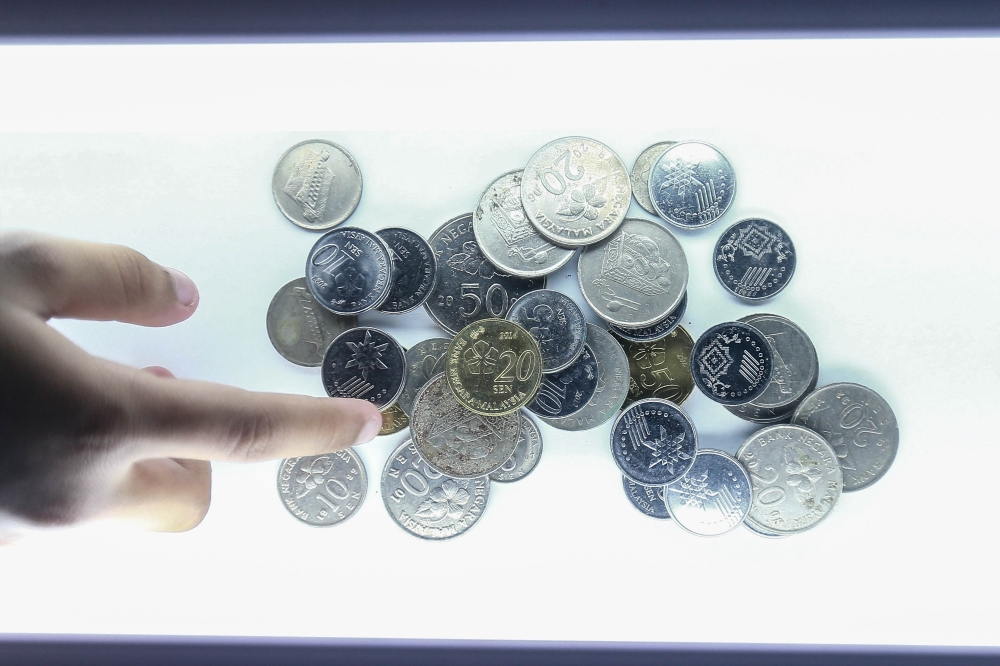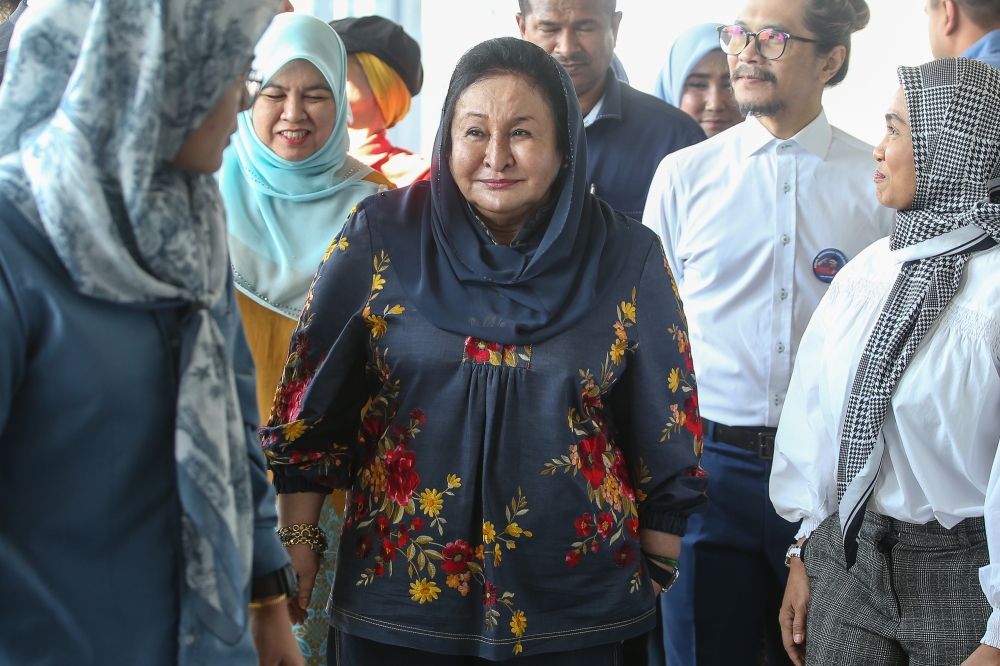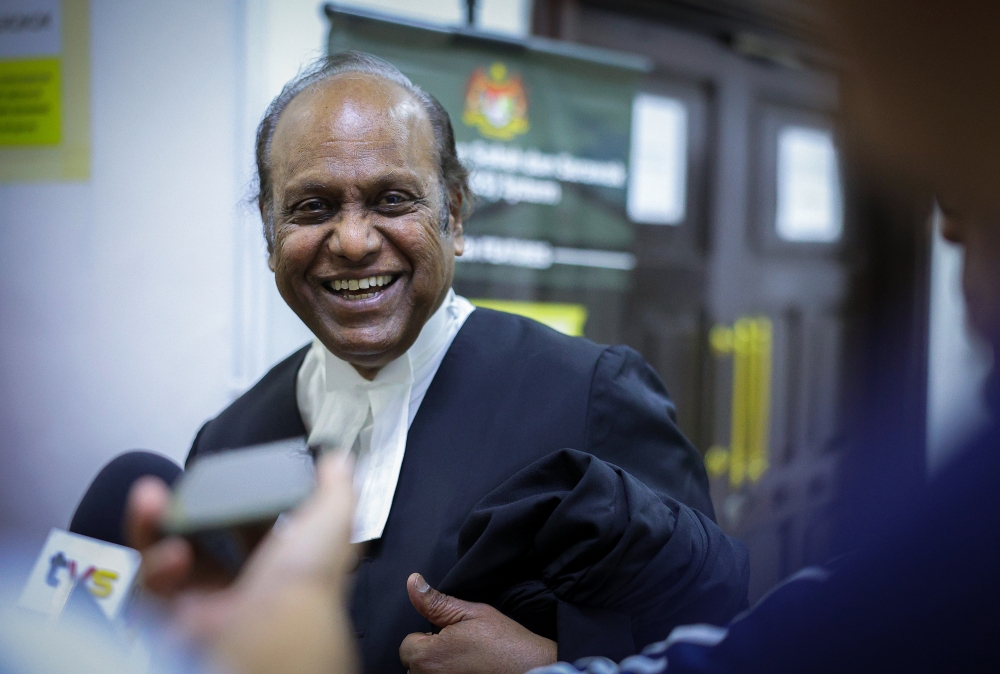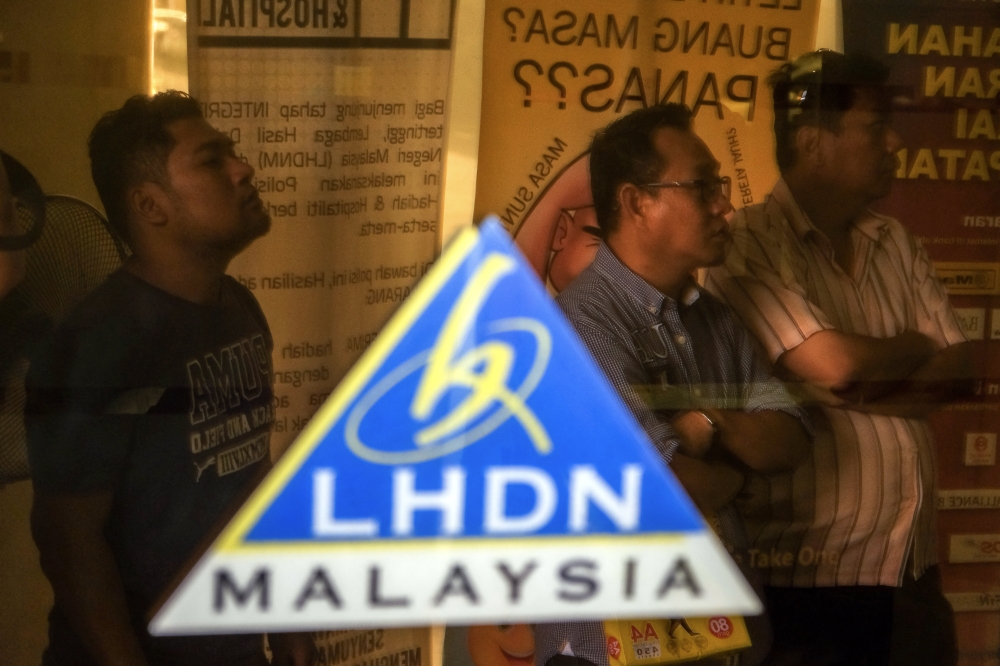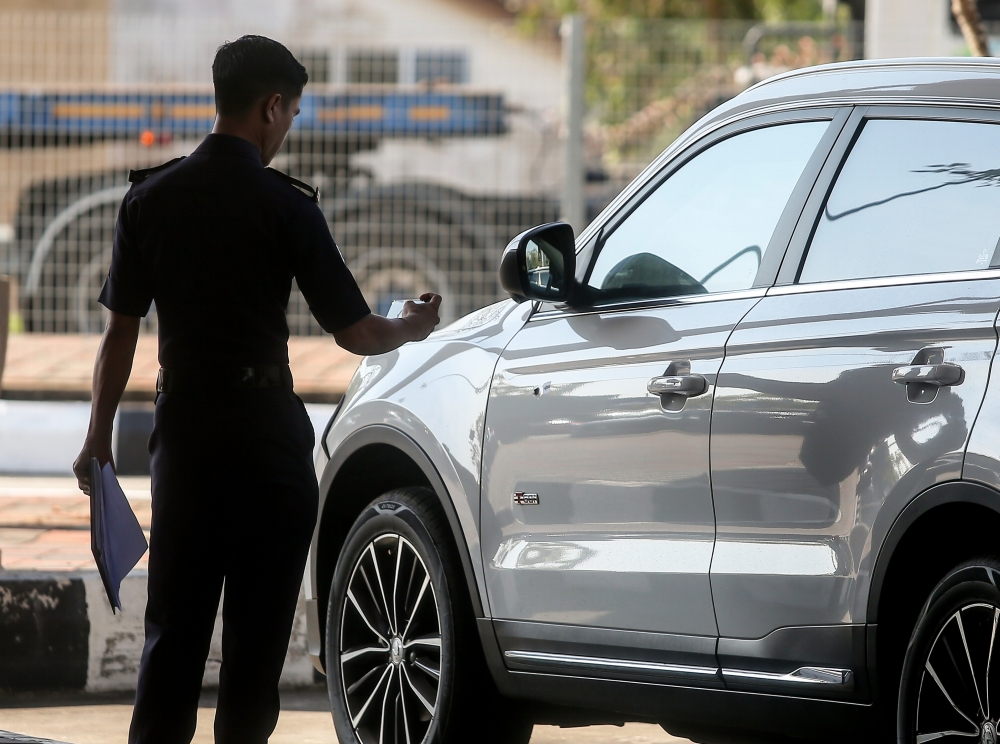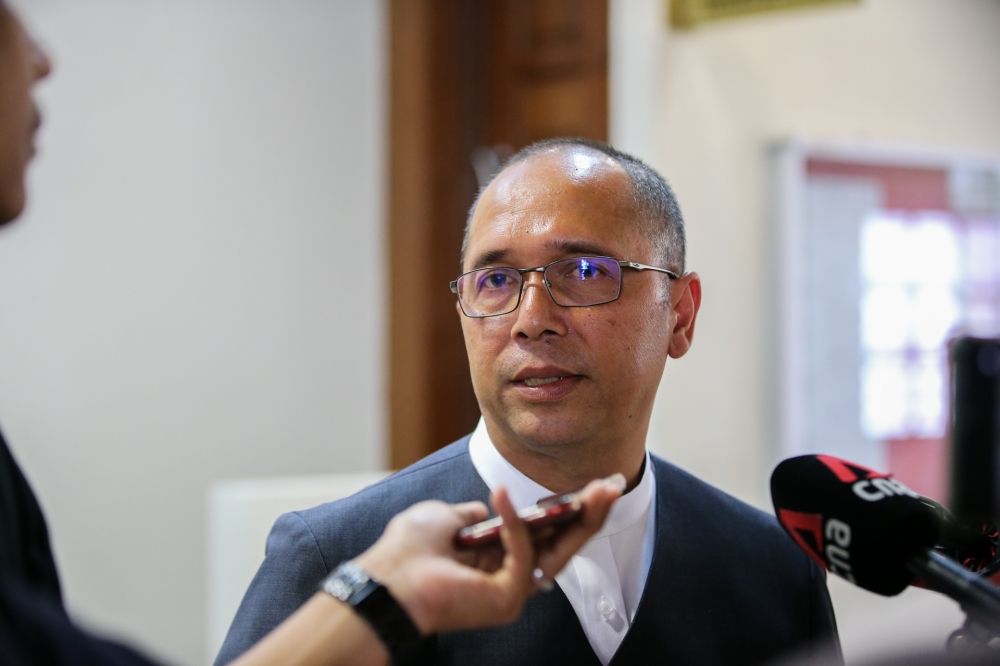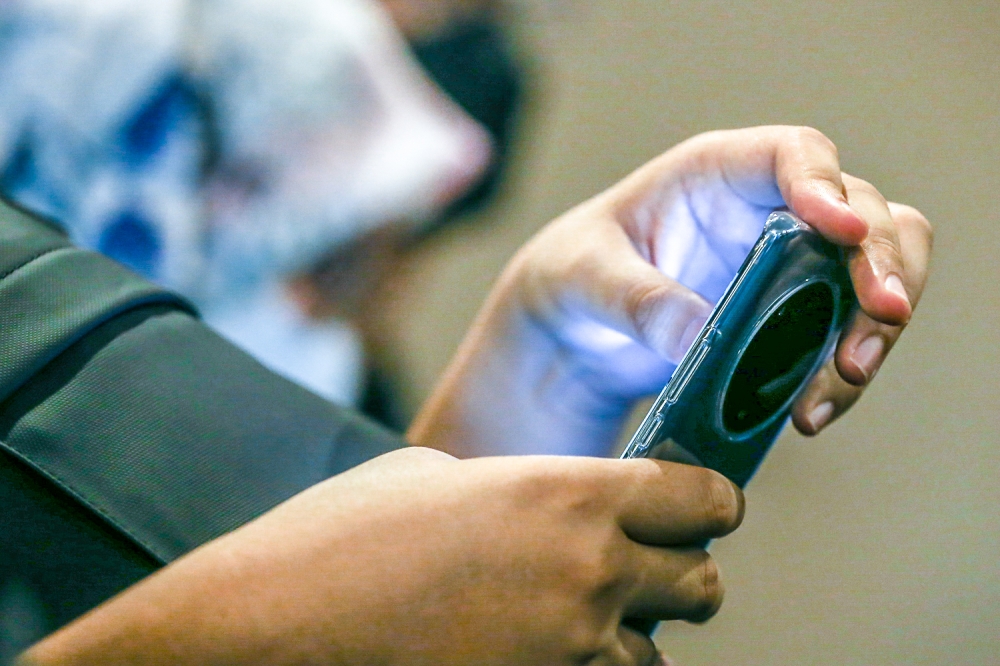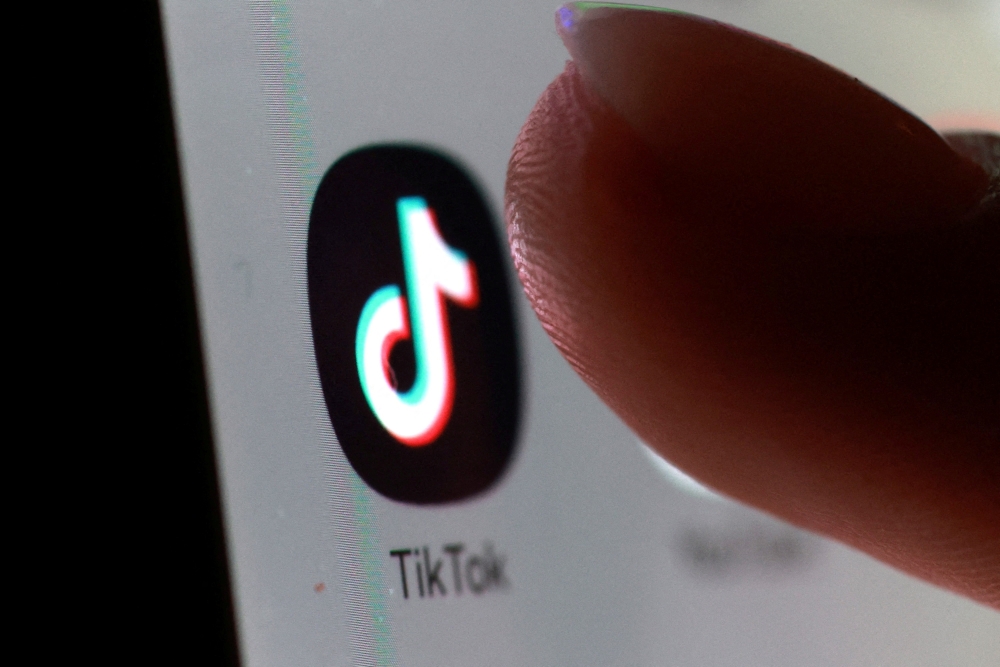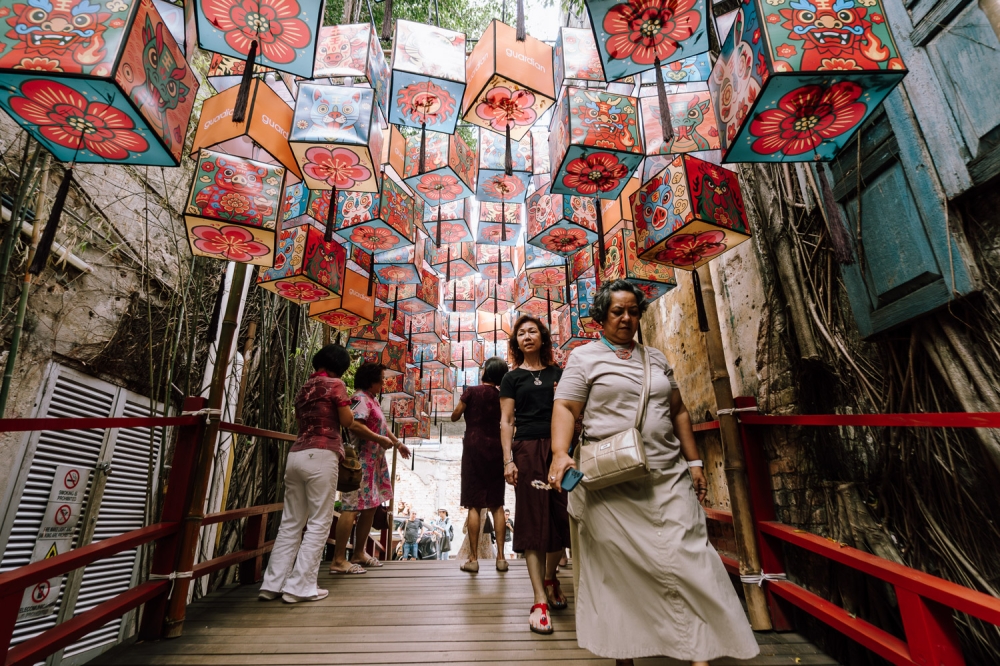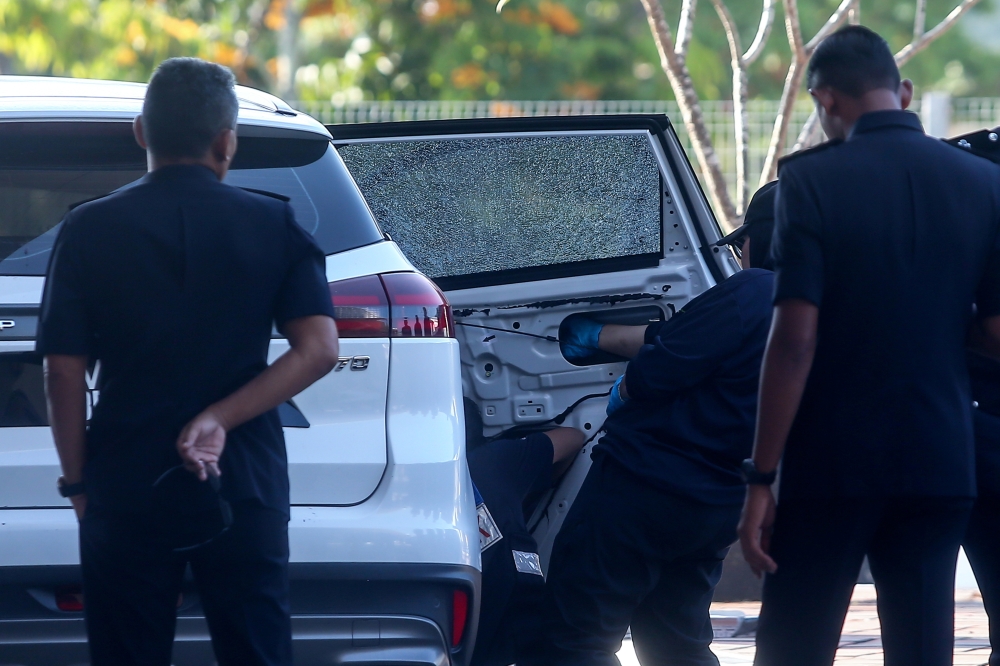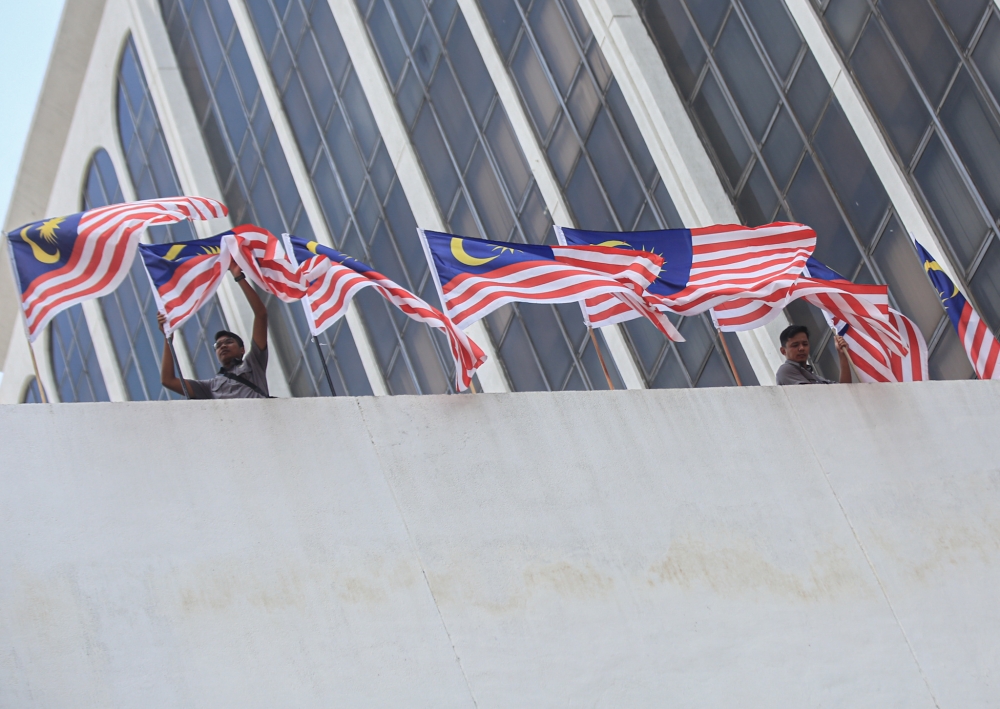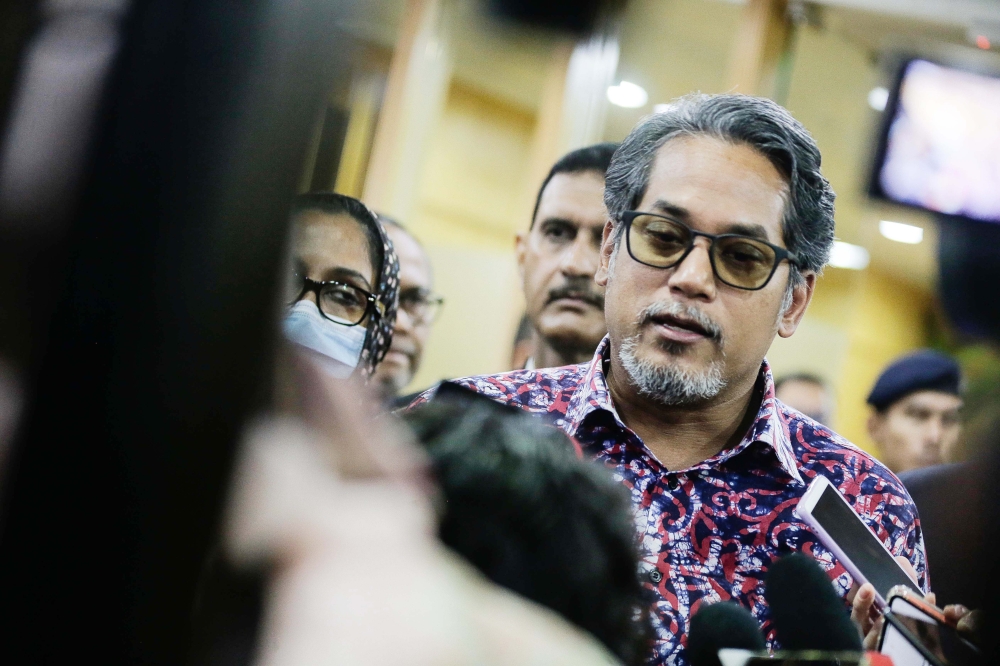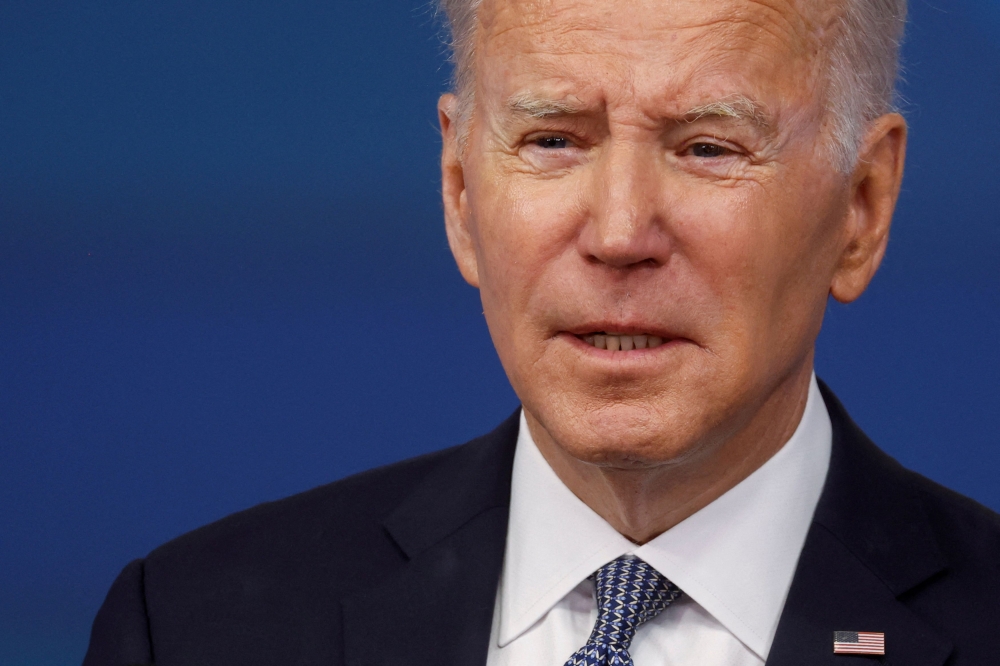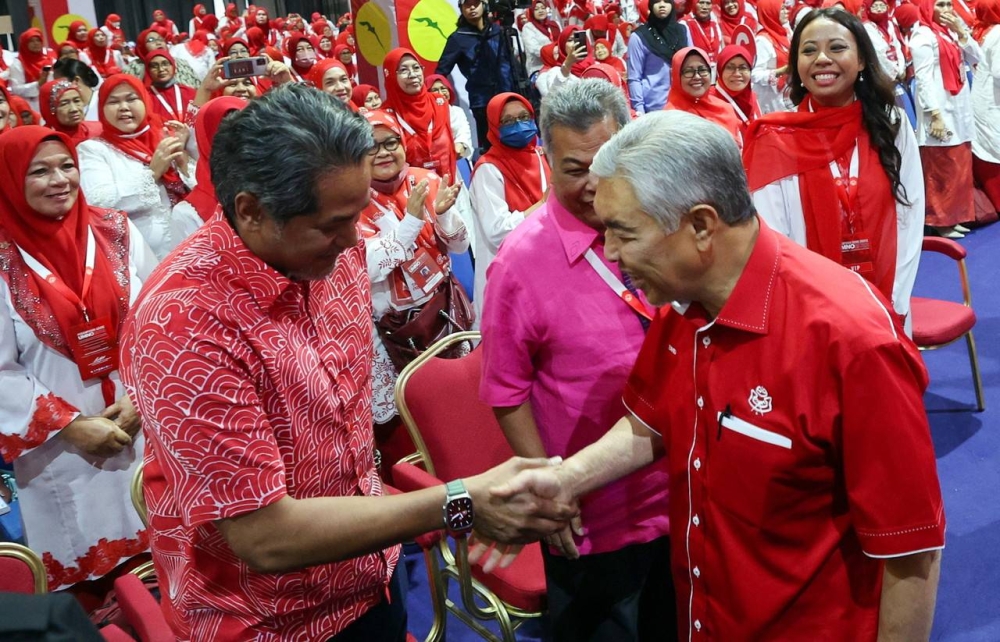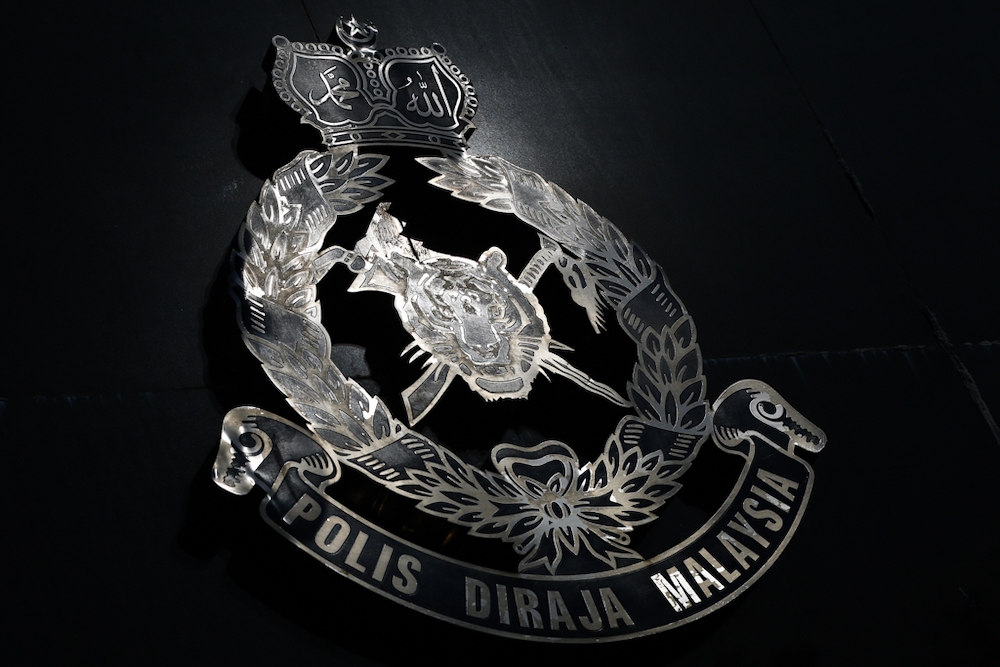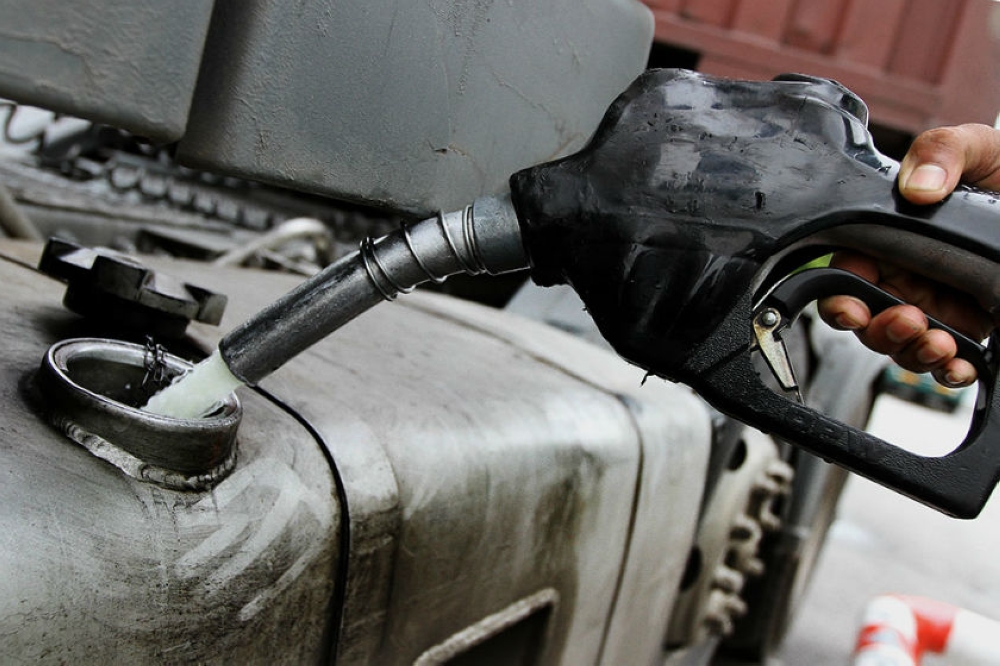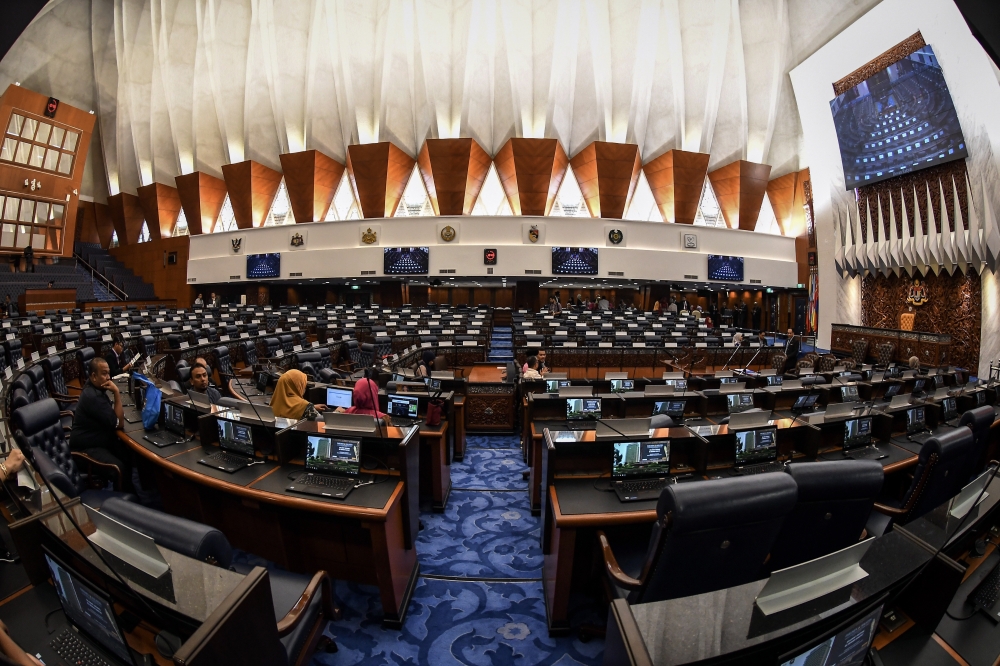KUALA LUMPUR, Feb 3 — Malaysia fell one spot in the 2022 Economist Intelligence Unit democracy index released yesterday, ranking 40th globally and scoring among the worst for civil liberties.
The ranking makes the South-east Asian nation of 32 million people a “flawed democracy” even as it scored well for electoral process and pluralism assessment, according to the research and analysis division of London-based financial magazine The Economist.
“Understandably, all eyes are on Ukraine and its fight for self-determination. However, the Asia region is also subject to conflicting territorial claims and geopolitical flashpoints.
“The challenge for countries in the region is how to navigate old and new threats to sovereignty and maintain a resilient democracy in the long term,” the report’s editor Joan Hoey said in an accompanying press release.
Within the “flawed democracy” bracket, Malaysia occupied the 16th rung, below countries like Israel, Botswana, Malta and Italy among others.
The EIU assigns “full democracy” status to countries that score 8 and above, while those between 7.99 to 5.99 as “flawed democracy”.
Countries that score between 5.99 to 3.96 are what the agency termed as “hybrid regime”, governments that are borderline authoritarian.
The index scores a country using five benchmarks that look at how fair and plural elections are, the functioning of a government, political participation, political culture and civil liberties.
Malaysia scored 9.58 for the first benchmark but scored a low 5.59 for civil liberties. It did fairly well in terms of functioning of government, scoring 7.86 to beat even countries like the United States and Italy.
Political participation in the country is also fairly decent although still far below the US and Israel, at 7.22. The US and Israel, close allies, scored in the high eights.
Regionally, Malaysia ranked 6th.
Only five countries in the Asia-Australia region are considered full democracies based on the EIU index scores: New Zealand, Australia, Japan, South Korea and Taiwan.
New Zealand also ranked second globally, getting perfect scores for three benchmarks — electoral fairness and pluralism, political participation and civil liberties.
“Asia and Australasia’s regional score in the Democracy Index stands at 5.46 in 2022, unchanged from the previous year. This halts a deteriorating trend in the quality of governance and civil liberties that started in 2020, when the onset of the covid-19 pandemic resulted in wide-ranging curbs on civil liberties across the region,” the unit said in its report.
“However, deterioration began before the pandemic, with the region’s score having declined steadily since a peak in 2014-15. The region’s score is now almost back to the low-point of 2006 (5.44).”
Still, across all categories of the index, the region records the largest gain for civil liberties, with an increase of 0.11 points, mainly as a result of the lifting of most of the restrictions that were introduced at the height of the covid-19 pandemic.
The region also improves its average score for political participation, as citizens in several countries, notably China, Mongolia, Sri Lanka and Thailand showed a greater willingness and propensity to organise and participate in public demonstrations and protests, the EIU said.
This comes as the average global score in the index rose from 5.28 in 2021 to 5.29, as the lifting of pandemic restrictions boosted the score in many countries.
Despite amendments to laws that previously curbed free expression, the Malaysian authorities have continued to crack down on peaceful protests and use laws like the Sedition Act to probe critiques of the government. Human rights groups said past administrations have shown little willingness to abolish draconian laws despite pledges to improve civil liberties.
Malaysia just held its 15th general election at the end of last year, with the current coalition government of Pakatan Harapan, Barisan Nasional, Gabungan Parti Sarawak and Gabungan Rakyat Sabah led by Prime Minister Datuk Seri Anwar Ibrahim.

